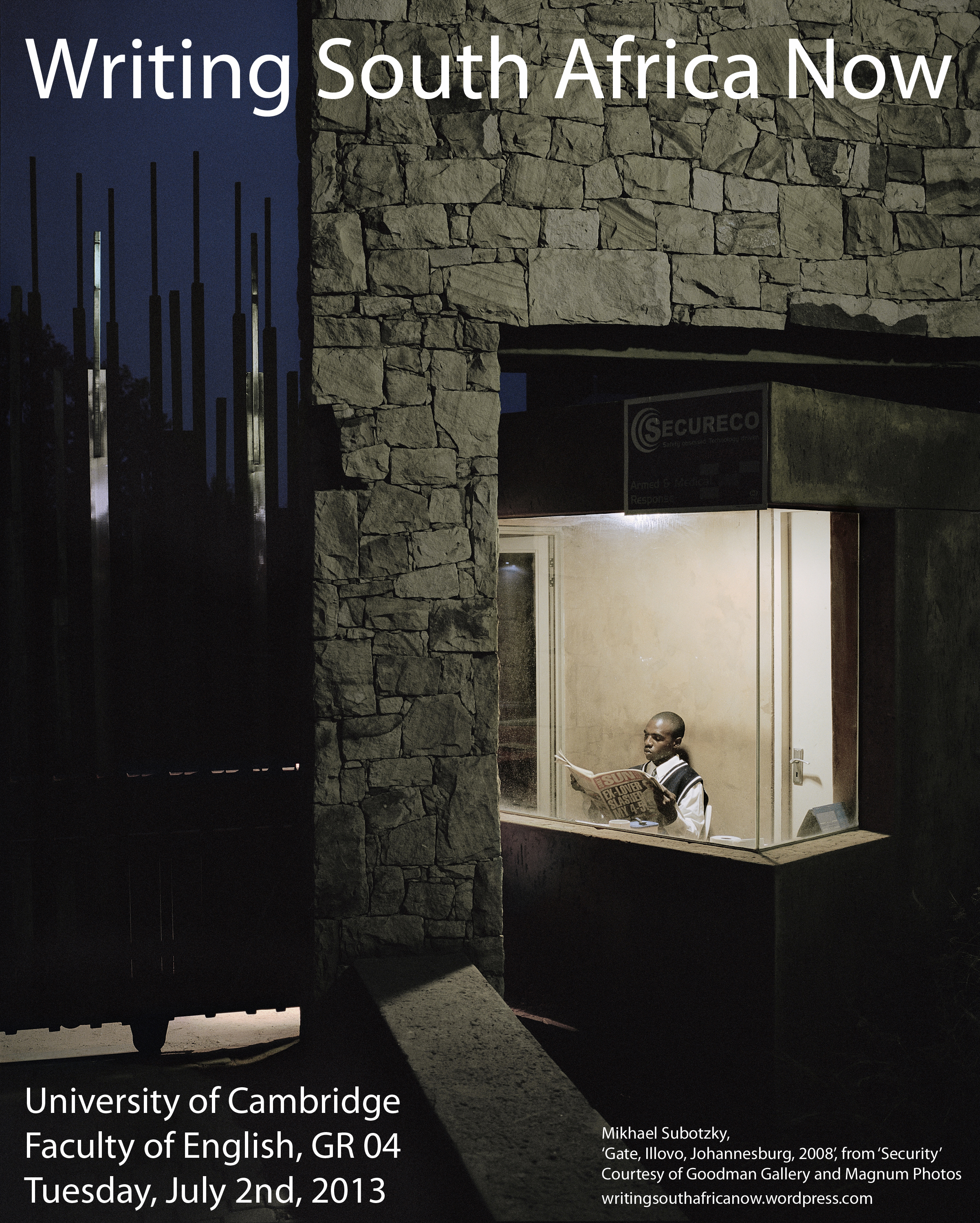We invite paper proposals from PhD students that address questions of scale in contemporary literature and criticism. Possible questions for discussion include, but are not limited to:
- In what ways has the scalar instability of the twenty-first century prompted new modes of artistic, theoretical, and philosophical inquiry (e.g., cli-fi, neuro-lit, the finance novel, posthumanism, object-oriented ontology, speculative realism, and vibrant materialism)?
- How does it affect established critical methodologies that have tended to be oblivious to questions of scale and non-human agency, such as ecocriticism and trauma and memory studies?
- Which narrative techniques and literary practices are most suited to exploring the impact of what Richard Grusin has dubbed the “nonhuman turn,” that is, the tendency towards a decentring of the human that unites a wide variety of contemporary theoretical and philosophical approaches?
- How do extremities of scale disrupt notions of autonomous subjectivity that continue to dominate Western political and critical frameworks? How can a biopolitical perspective, which deconstructs the concept of the proprietary body, help us to examine this?
- How can literature help us to explore the implications for human agency that the Anthropocene presents?
- How can an engagement with questions of scale open a dialogue between science and literary scholarship?
Practical Information
Faculty of Arts and Philosophy, Ghent University, Blandijnberg 2, 9000 Gent, Belgium
When:
23rd-25th March 2016
Fee:
None (optional: symposium dinner €40)
Send:
A 300-word abstract for a 15-minute paper (including title, presenter’s name, institutional affiliation, and any technology requests), a description of your PhD research project (one paragraph), and a short CV (max. one page) as a single Word document to both Holly Brown (holly[dot]brown[at]ugent[dot]be) and Prof. Stef Craps (stef[dot]craps[at]ugent[dot]be)
Deadline for submission of applications:
11 December 2015
Notification of acceptance:
18 December 2015
Deadline for submission of paper drafts:
15 February 2016
Number of places:
Max. 18








